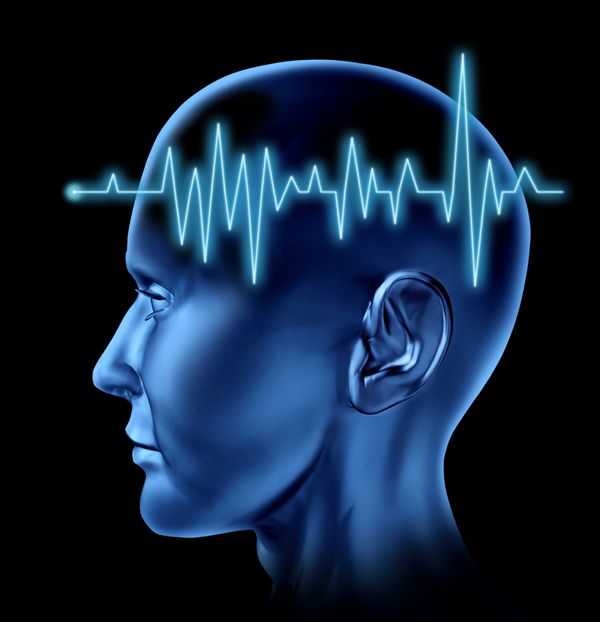
Low doses of a weight-loss drug could reverse many of the autismlike symptoms of a condition called fragile X syndrome, new study in mice suggests.
The drug, called rimonabant, blocks receptors that are activated by marijuana in the brain. Mice treated with the drug in the study showed improved memory and reduced seizures, and more normal sensitivity to pain, compared with mice not treated with the drug.
It's not clear whether the same improvements could happen in people. Rimonabant, which basically works by creating the opposite effect of "the munchies" (or an increased appetite experienced by some marijuana users), was withdrawn from the market in 2009 because it caused depression and suicidal thoughts in some patients.
However, the drug seems to improve autismlike symptoms at much lower doses than those typically used for weight loss, said study co-author Arnau Busquets Garcia, a neuroscience researcher at the University Pompeu Fabra in Spain.
"It could be an interesting therapy approach in humans, but I think there is a lot of work to do to confirm this," Busquets Garcia said.
Overactive brain cells
People with fragile X syndrome have a single change in a gene called FMR1, which prevents them from making enough of a key brain chemical that directs communication between brain cells. As a result, brain cells tend to fire too much, causing seizures, mental retardation, memory problems and insensitivity to pain.
Sign up for the Live Science daily newsletter now
Get the world’s most fascinating discoveries delivered straight to your inbox.
The research team noticed that receptors called CB1 receptors, which are activated by marijuana, also played a role in the firing of brain cells. Because brain cells go haywire in fragile X syndrome, they wondered whether quieting these receptors could reduce the symptoms of the disease.
To find out, they gave rimonabant to mice that had a genetic change similar to fragile X, and measured the effects.
Blocking the marijuana receptors with rimonabant improved the mice's performance in a memory maze, and also eliminated their cognitive deficits. Mice given rimonabant also had fewer seizures and more normal pain responses.
When examined under a microscope, the brain cells also looked more like healthy brain cells than those typical of fragile X syndrome.
Autism symptoms
The new approach could, in theory, show promise for other forms of autism.
"In lots of these autism deficits, there are also these imbalances between excitatory and inhibitory signals in the brain," Busquets Garcia said.
However, the researchers would first have to show that rimonabant was safe at lower doses, and effective in people who had fragile X syndrome, he said.
The findings were published March 31 in the journal Nature Medicine.
This story was provided by MyHealthNewsDaily, a sister site to LiveScience. Follow MyHealthNewsDaily @MyHealth_MHND, Facebook & Google+. Tia Ghose is staff writer for LiveScience.

Tia is the managing editor and was previously a senior writer for Live Science. Her work has appeared in Scientific American, Wired.com and other outlets. She holds a master's degree in bioengineering from the University of Washington, a graduate certificate in science writing from UC Santa Cruz and a bachelor's degree in mechanical engineering from the University of Texas at Austin. Tia was part of a team at the Milwaukee Journal Sentinel that published the Empty Cradles series on preterm births, which won multiple awards, including the 2012 Casey Medal for Meritorious Journalism.










